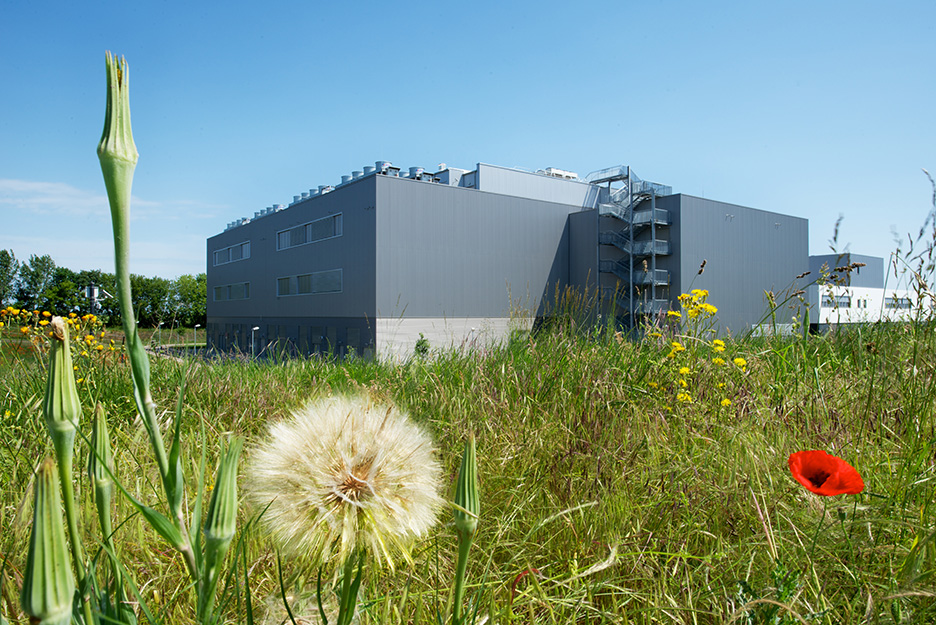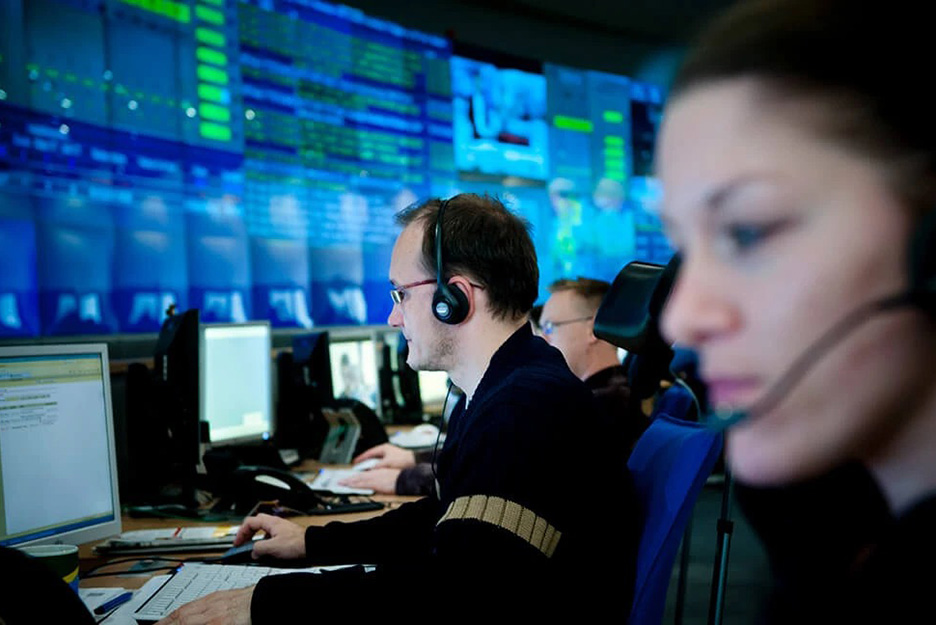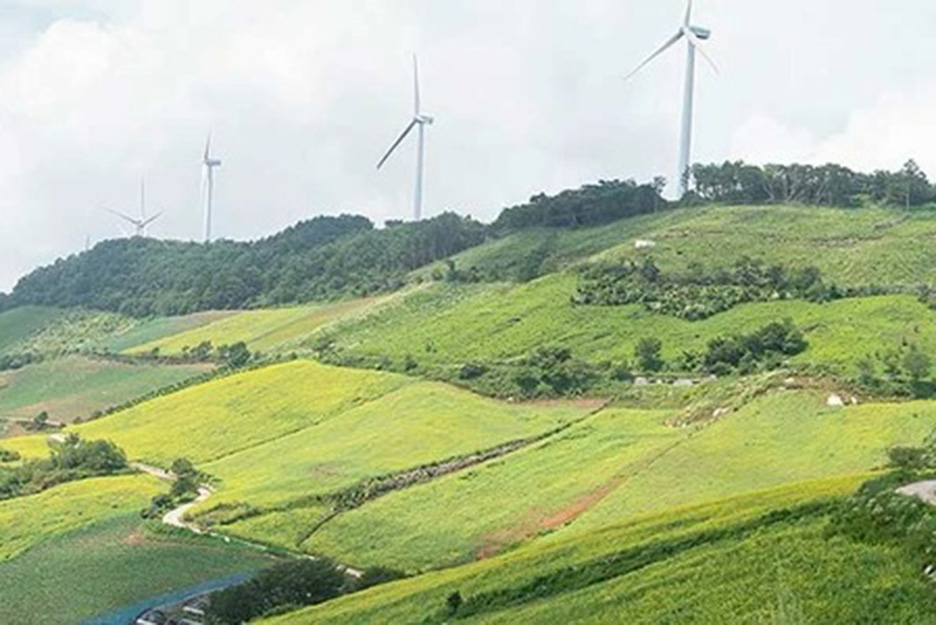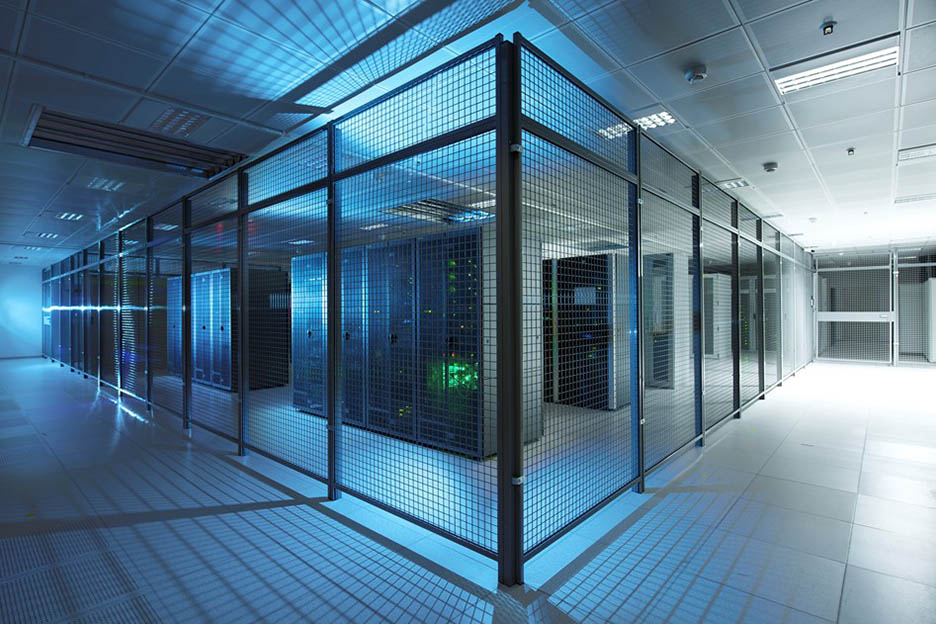In this article you will read about,
- how many data centers T-Systems operates,
- which measures ensure resilience and sustainability,
- and which trends will be important for the data center of the future.
Around 10 years ago, T-Systems laid the foundations for one of Europe's most powerful data centers in Biere. About a year and a half later, the site began operations. And three years later, the Open Telekom Cloud found its home there. Data center expert Johannes Krafczyk has been involved in the construction from the start. To mark the anniversary, the T-Systems representative at Bitkom has compiled exciting facts and figures about the Biere site, green IT and the data centers of the future.



